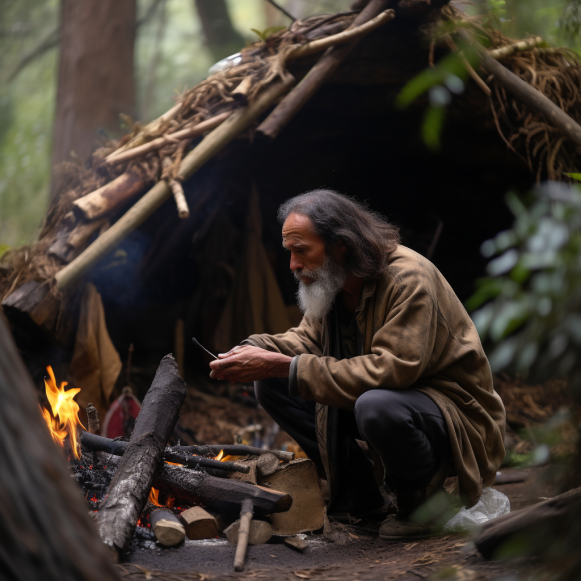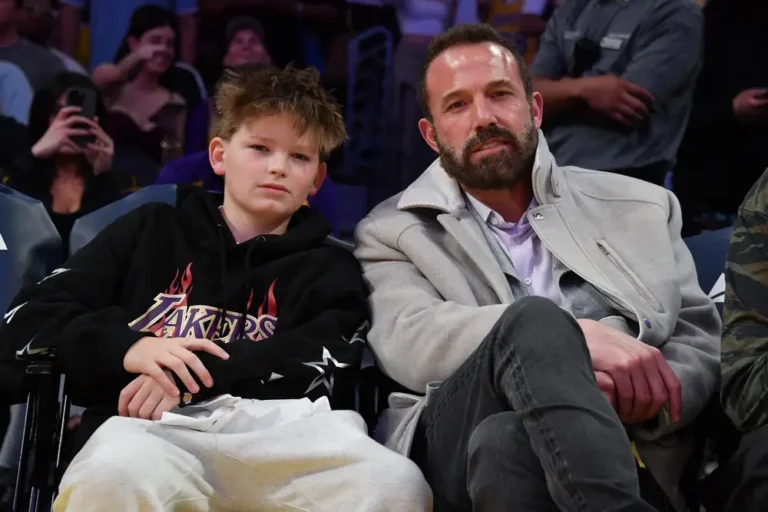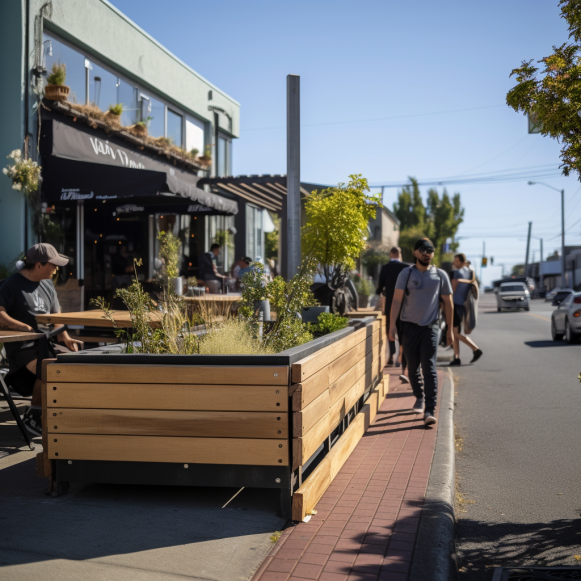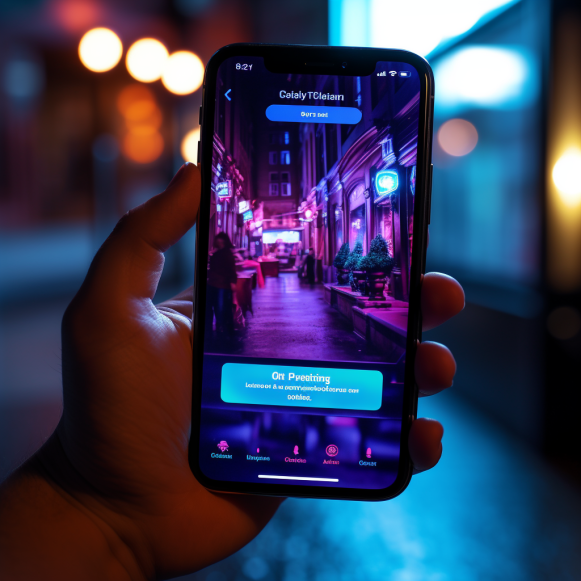Historic Big Sur property, once owned by William Randolph Hearst, to get new owners, including tribe

Esselen Tribe, a camp for disabled kids and a leadership group have the 718-acre property in escrow
BIG SUR — It’s one of the most picturesque Boy Scout camps in America, with a rustic collection of cabins and campsites, a dining hall, waterfalls, hiking trails, a rifle range, and an outdoor amphitheater nestled among towering redwood trees on 718 acres in the Big Sur wilderness.
In the 1920s and 1930s, newspaper magnate William Randolph Hearst hunted and fished here, then donated the land to the Boy Scouts in 1948, allowing thousands of children to enjoy it for generations.
Now, 75 years later, Camp Pico Blanco is about to change hands in a deal that supporters hope will usher in a new generation of campers and return much of the property to its original inhabitants’ ancestors.
The Silicon Valley Monterey Bay Council of the Boy Scouts, based in San Jose, has agreed to sell the historic property to the Esselen Tribe of Monterey County, as well as two nonprofit organizations: Camping Unlimited, which runs programs for disabled children, and White Stag Youth Leadership Development Academy, a scouting-affiliated group in Monterey. The transaction is currently in escrow and is scheduled to close by the end of the year.
“It’s an exceptional property,” said Sue Doroff, president of the Western Rivers Conservancy, a Portland-based environmental organization that is helping fund the transaction. “Lands like this don’t change hands often.”
“When you get down in that canyon with those redwoods and the river,” she told me, “it’s like you are a million miles from anything.”
The camp, located off Palo Colorado Road about 10 miles inland from Highway 1, has been closed since 2016, when it was threatened by the massive Soberanes Fire. In 2017, heavy winter storms damaged the entrance road, a 4-mile-long, single-lane dirt road. It is still not open to the public.
Last year, the Boy Scouts listed the property for sale, asking $1.8 million for the 368 acres where the buildings are located and $1.6 million for another 350 acres of adjacent forest.
Several bidders submitted proposals.
“Of all the options, this is the best one,” said Sam Farr, a former Carmel congressman who camped there with Boy Scout Troop 76. “It could have been a corporate retreat or a luxurious hotel.” The kids would not have had the opportunity to enjoy the wilderness camping experience.”
Farr, now 82, recalls sleeping in heavy canvas tents and eating hot dogs and beans on trips to the area when he was 13 in 1954 and 1955.
“There were all kinds of scary stories around the camp fire,” he told me. “Some claim that the workers who built the camp never left. They were captured by mountain lions. Or that a wild man roamed the area late at night.”
“They had a beautiful lake there,” he went on to say. “We earned merit badges in swimming, water safety, and shooting.”That sort of thing. 22 rifles.”
Certain details are still being ironed out. However, as part of the proposed sale, the Esselen Tribe will receive at least 600 acres of forest. Camping Unlimited and White Stag will purchase the structures and operate camping programs. Boy Scout troops will still have some access.
The deal was a godsend for Camping Unlimited, a group founded in 1957 to provide summer camps for children with disabilities.
Camp Krem, located near Boulder Creek, was destroyed by the 2020 CZU Lightning Complex Fire. Although the organization has purchased a new camp property near Yosemite National Park, Alex Krem, a former investment banker whose father founded the organization, sees a remarkable opportunity at Camp Pico Blanco.
“We just fell in love with it,” he explained. “It’s in pretty good condition.” We could start camp the next day.”
His goal is to have some programs up and running by next summer.
The property, which includes a portion of the Little Sur River, holds deep spiritual significance for the Esselen Tribe. Members of the tribe had lived in Big Sur for 8,000 years before being forced into Spanish missions in the late 1700s and early 1800s. They are gradually regaining land, reclaiming a sense of place and momentum.
“Land is valuable to us for natural resources and cultural resources,” said Esselen tribal chairman Tom Little Bear Nason. “It gives us room to breathe.”
With funding from Western Rivers Conservancy, the tribe purchased Adler Ranch, a 1,200-acre property near Camp Pico Blanco, two years ago. It was the tribe’s first land purchase in 250 years.
The Esselens also co-manage the Rana Creek Ranch, a 14,100-acre property in Carmel Valley that former Apple co-founder Mike Markkula sold this summer for $35 million to the Wildlands Conservancy, a San Bernardino-based organization that intends to open it to the public.
The Pico Blanco wilderness and other properties will be used for ceremonies, dances, medicinal plant gathering, and, in some areas, prescribed fire using traditional practices, according to Nason.
The sale has piqued the interest of the Boy Scouts. Eric Tarbox, CEO of the Silicon Valley Monterey Bay Council, declined to be interviewed or answer questions about it.
The Boy Scouts “have been faithful stewards of Camp Pico Blanco since 1948,” according to his staff, but “unfortunately, recent events, namely the Soberanes wildfire of 2016 and the subsequent winter of 2017, have left the entryway to the camp, Palo Colorado Road, inaccessible.”
After facing a flood of sexual abuse lawsuits, the national Boy Scouts of America declared bankruptcy three years ago. A federal judge in Delaware approved a $2.46 billion settlement for 82,000 scouts who claimed they were abused for decades. It was the largest sexual abuse settlement ever reached in the United States.
The scouts’ local councils were required to contribute $500 million as part of the settlement. Scouting chapters across the country have been selling off property, including camps, to raise funds.
According to court records, the Silicon Valley Monterey Bay Council faced 321 abuse cases and agreed to contribute $10 million to the overall national settlement — $7.6 million in cash and $2.4 million in “property contribution.”
In an email, Michael Wilson, the Silicon Valley Monterey Bay Council’s chief operating officer, said, “No, these funds are not being used for that purpose.”
Peter Baird, the agent who listed the property, told the Monterey Weekly last year that the sale would cover some of the debt to the sexual abuse settlement fund. Wilson declined to comment on the court documents or Baird’s statement, and Baird did not return a phone call seeking clarification.
In terms of access, Big Sur landowners can now pass through locked gates and drive over upper Palo Colorado Road in four-wheel drive vehicles. However, repairing the storm damage properly so that it can be opened to the public will cost $17 million, and the county only has $3 million, according to Randall Ishii, Monterey County’s public works, facilities, and parks director. Environmental studies are due this month, and work could begin in 2025 if funds are found, he said.
All three buyers are still raising funds to purchase Camp Pico Blanco. They are, however, confident that the transaction will go through.
“It’s a beautiful country,” Nason said. “This is a once-in-a-lifetime opportunity.”






